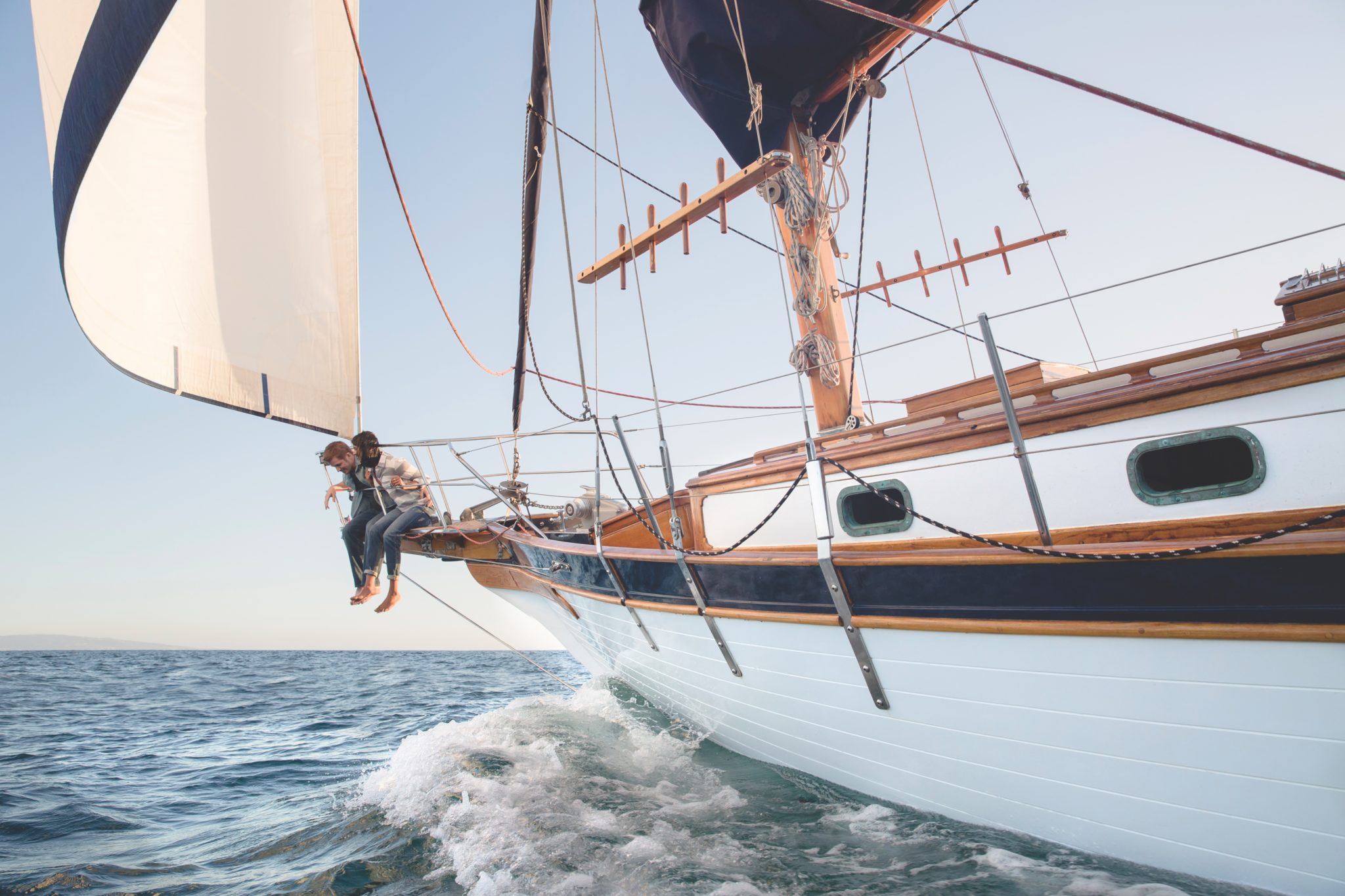As the high net worth space has continued to grow at a rapid pace, the ownership of pleasure crafts has managed to keep up. In fact, 2017 saw the sixth straight year of growth in powerboat sales, according to the National Marine Manufacturers Association. While more people than ever are participating in either sporting or leisure activities involving yachts, many owners remain largely unaware of the serious risks they face.
While the primary risk to yacht owners is typically perceived as being dangerous weather and challenging seas, the unfortunate reality is that there are a variety of other hazardous incidents that may come into play, resulting in— but not limited to—fire, piracy, collisions, injuries and even deaths.
Not having adequate insurance coverage becomes an even more pressing issue when you look at the weather last year. The 2017 Atlantic hurricane season was the most expensive on record. More than 63,000 recreational boats were damaged or destroyed as a result of hurricanes Harvey and Irma, with a combined damage estimate of $655 million, according to the Boat Owners Association of the United States1. While the numbers around hurricanes Florence and Michael are not yet in, you can be sure that they will be staggering. It was only six years ago that we saw a similar scenario in the aftermath of Hurricane Sandy, and it’s likely we will witness another 100-year storm much earlier than we are due.
Even for those whose watercrafts managed to survive such brutal storms, having to patiently endure repairs that keep you sidelined during an already- too-short season can be difficult—and that’s before the estimate comes in.
There are several steps owners can take regarding their insurance coverage:
1. Do a policy review with a qualified marine insurance specialist who will assist you in finding a reputable carrier. This specialist will craft a customized plan to optimize your boat, crew and navigational requirements.
2. Have a contingency plan for storm preparedness. It is ideal to bring your boat ashore instead of leaving it inside the marina. If you choose to stay in a marina, avoid marinas with low-lying seawalls.
3. Run background checks on all crew members aboard.
4. Check the safety of the areas you plan on traveling to, as piracy is an ongoing risk. When it comes to caring for something you love, just as with anything else in life, you must be diligent about protecting it. With the 2018 hurricane season finally coming to an end, now is the appropriate time to have the conversation with your team of trusted professionals, who can help you prepare and stay protected.
















